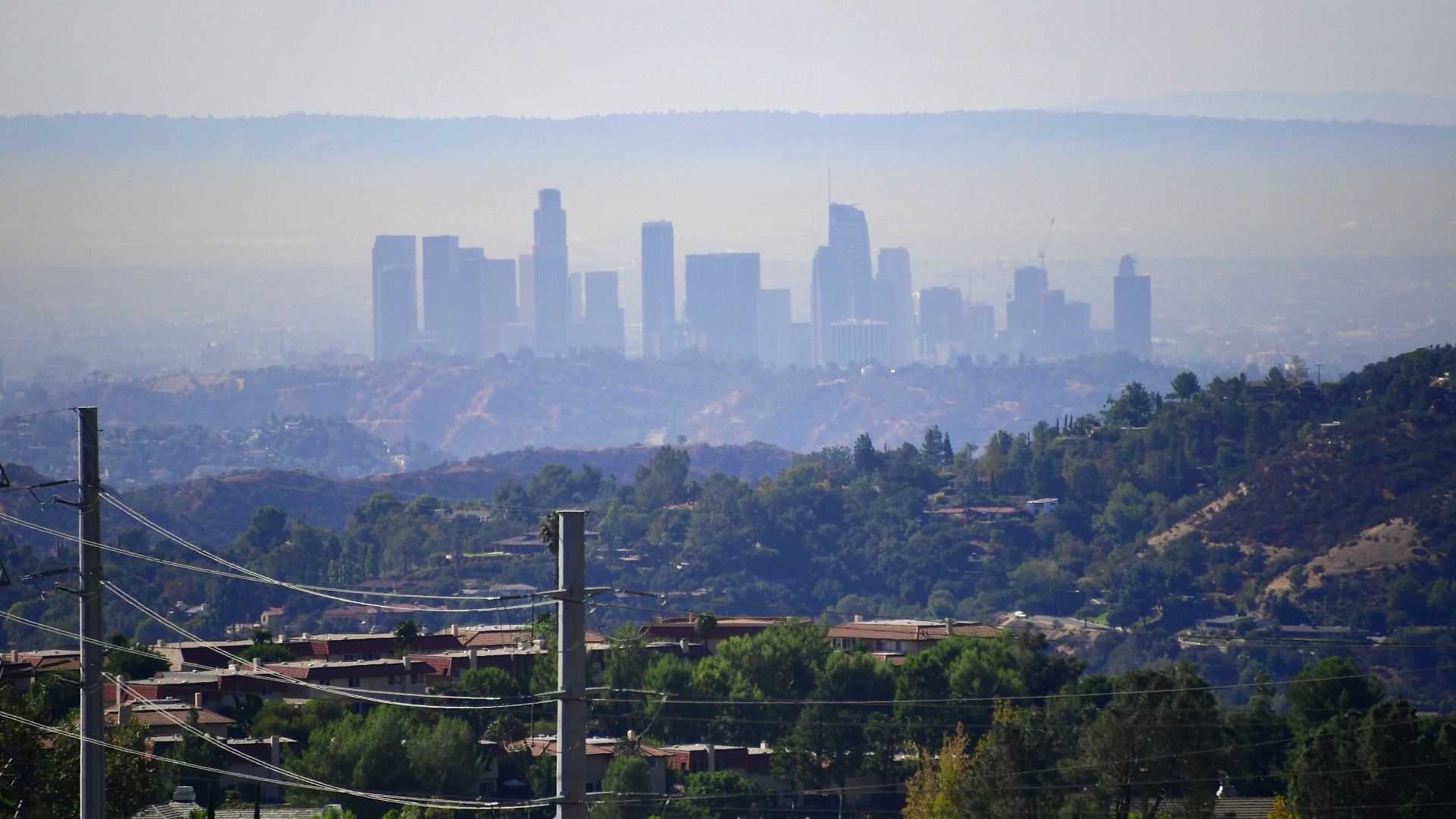

Like two gunfighters squaring off for an old west duel, the Environmental Protection Agency may be preparing to fight California over the state’s long-standing right to set its own more aggressive environmental policies than those of the federal agency itself, reports Automotive News.
Since 1970 the Clean Air Act has granted California the right to set its own policies in that area, usually in excess of EPA requirements. California suffered a severe smog problem in its cities and set higher pollution standards than the EPA in order to reverse the damage it was causing. Since then, 16 other states have followed California’s lead, enforcing the same strict standards rather than the EPA’s.
“Federalism is not one state dictating to the rest of the country what should occur,” EPA Administrator Scott Pruitt said. While the Clean Air Act enshrines California’s right to set its own standards, “that shouldn’t and can’t dictate to the rest of the country what these levels are going to be.” Pruitt did not comment on whether he would be looking to revoke California’s ability to set its own standards, but some conservative lawmakers support such a move.
The issue at hand is an April 1 deadline for the EPA to accept or reject emission standards for 2022-2025 that were set by the Obama administration. The EPA may relax these standards, but California and other states that follow its lead could undermine the EPA’s decision by holding auto manufacturers to the higher Obama administration standards anyway.
Together, California and the states that apply its emission standards account for one-third of domestic auto sales and a significant proportion of the U.S. population. With that in mind, plus moves by the rest of the civilized world toward cleaner cars, manufacturers would have no choice but to build them regardless of the EPA’s potential attempts to cut businesses a break.
It’s unknown whether the EPA will attempt to flex its muscles against California—an ironic move considering how strongly Pruitt favors states’ rights in other contexts. But look for any potential action to occur during the next two weeks, as the April 1 deadline looms.